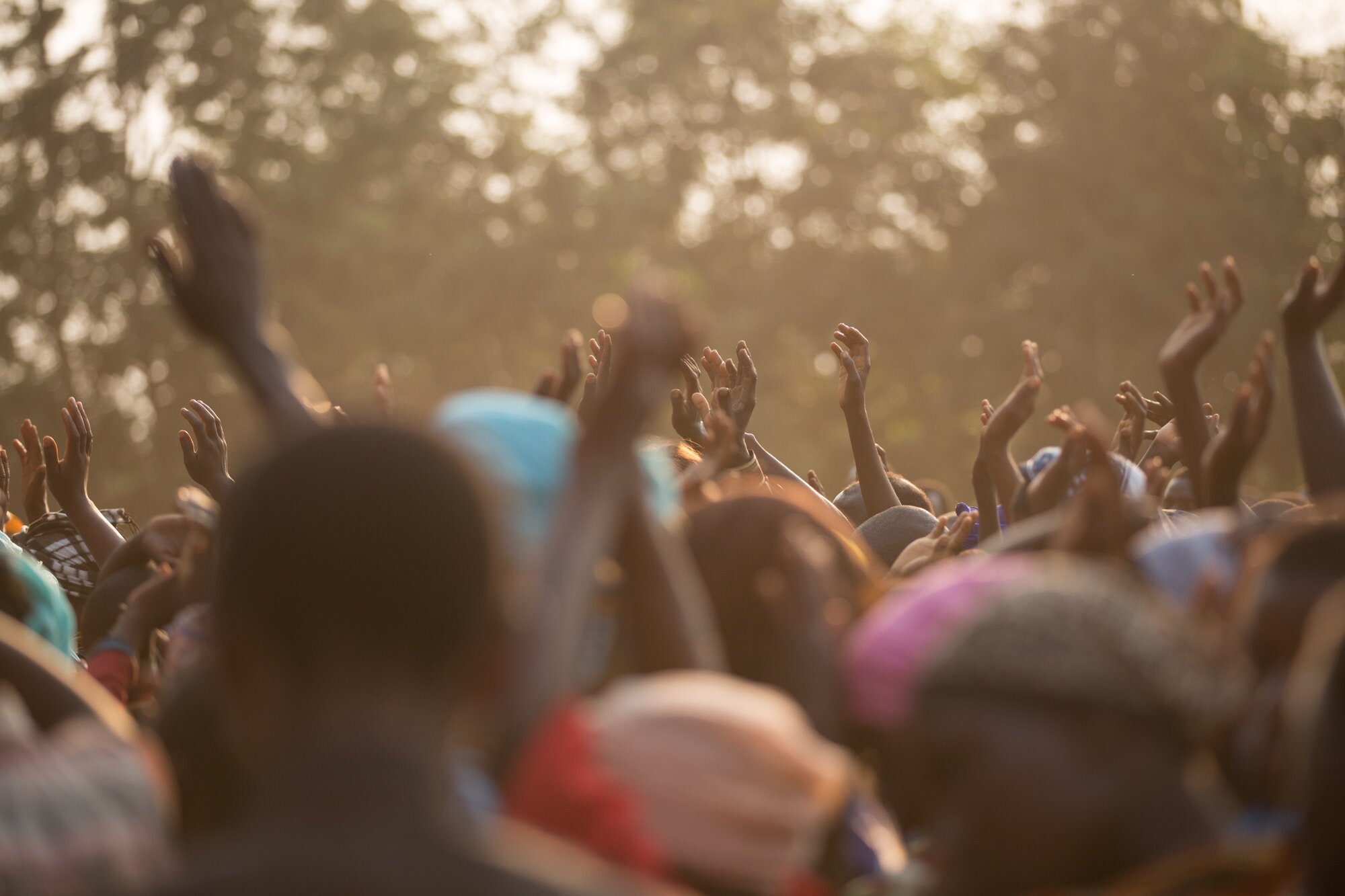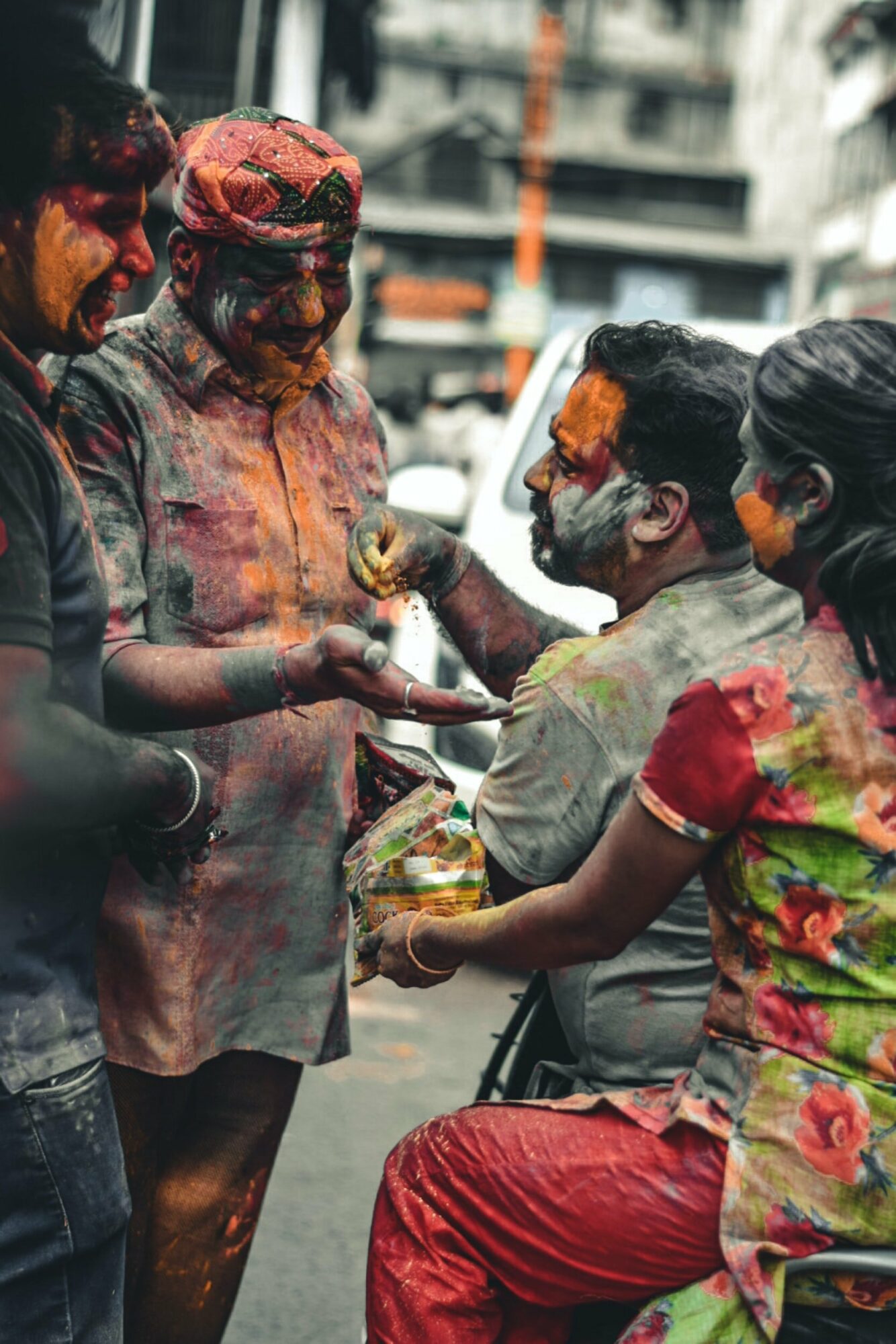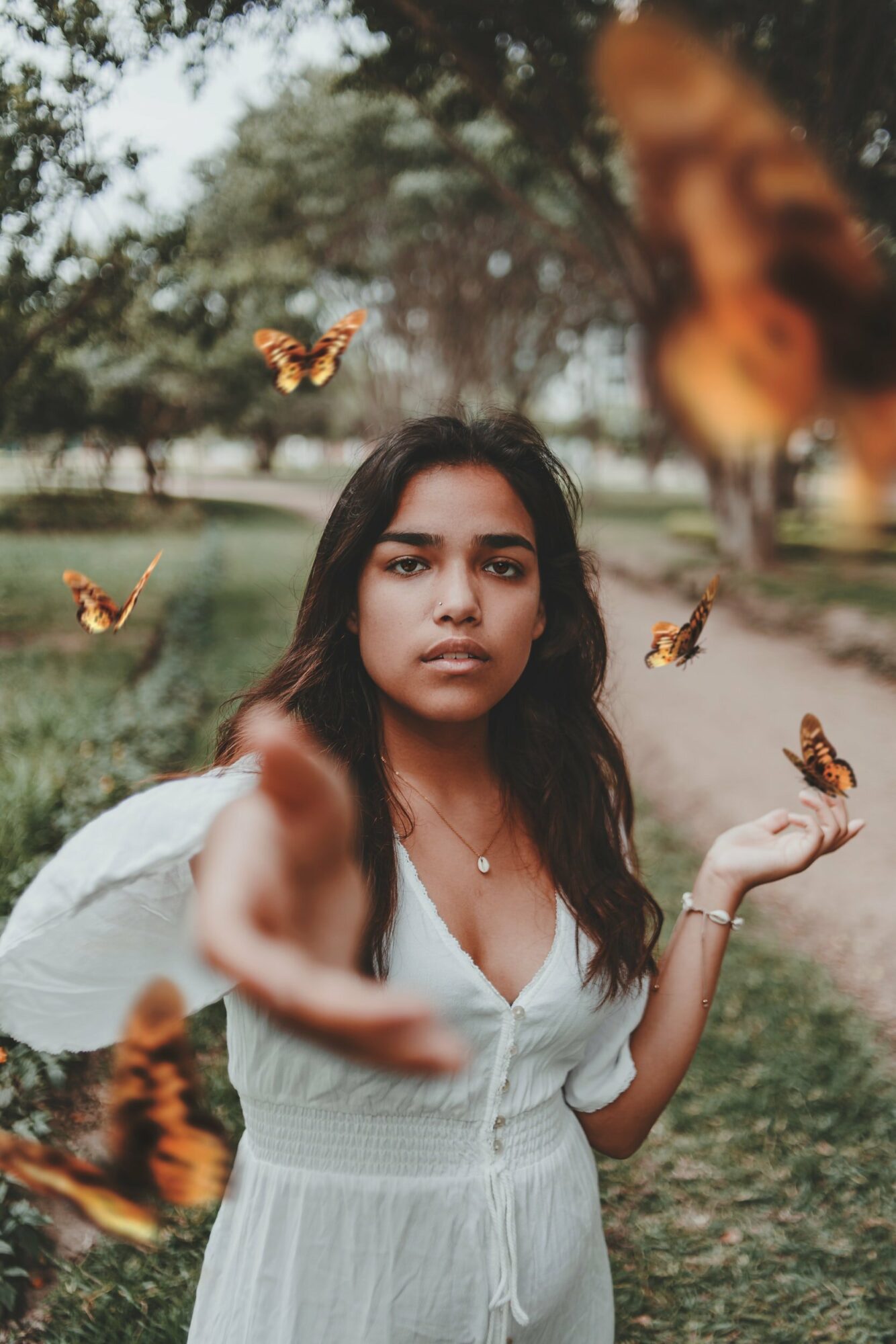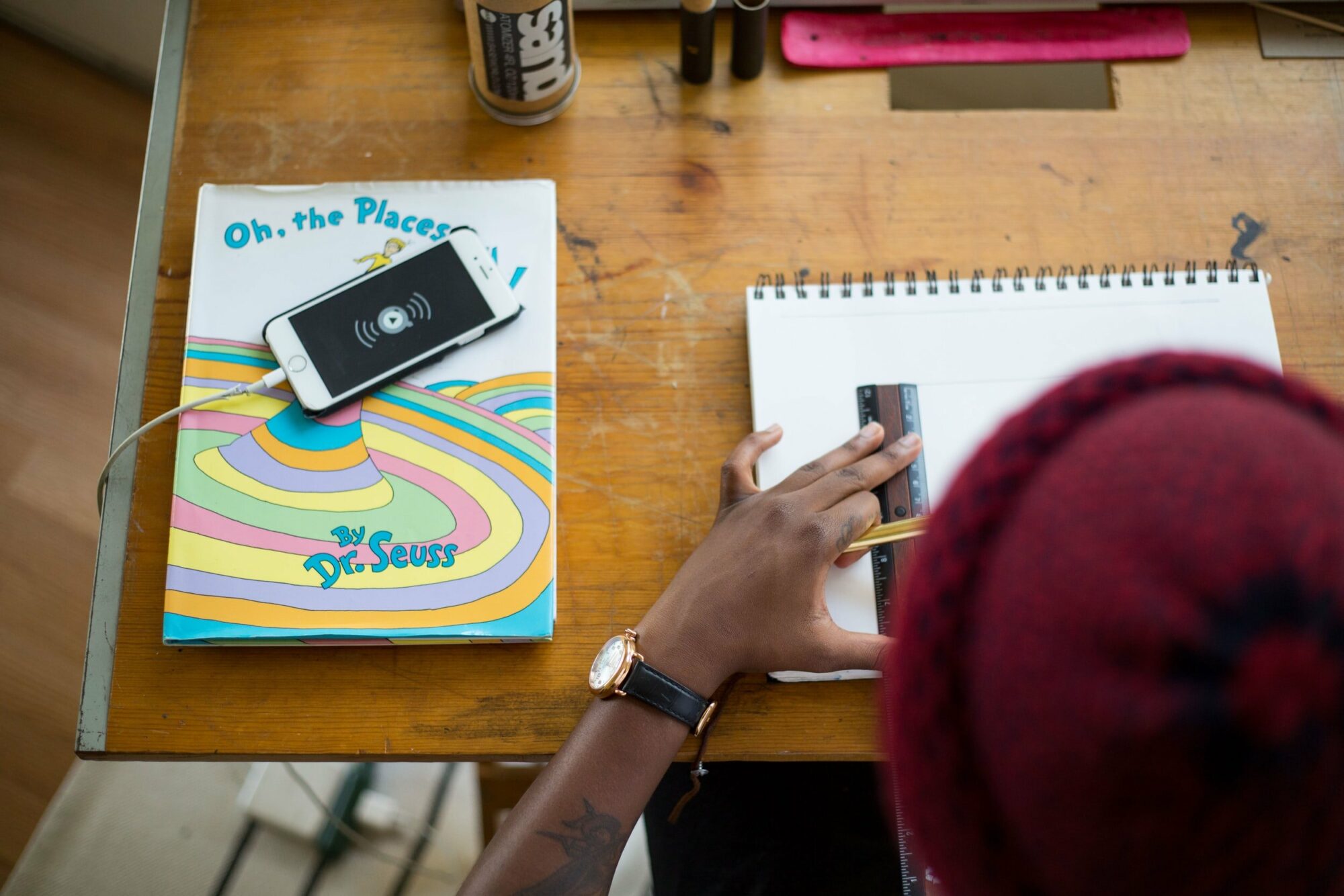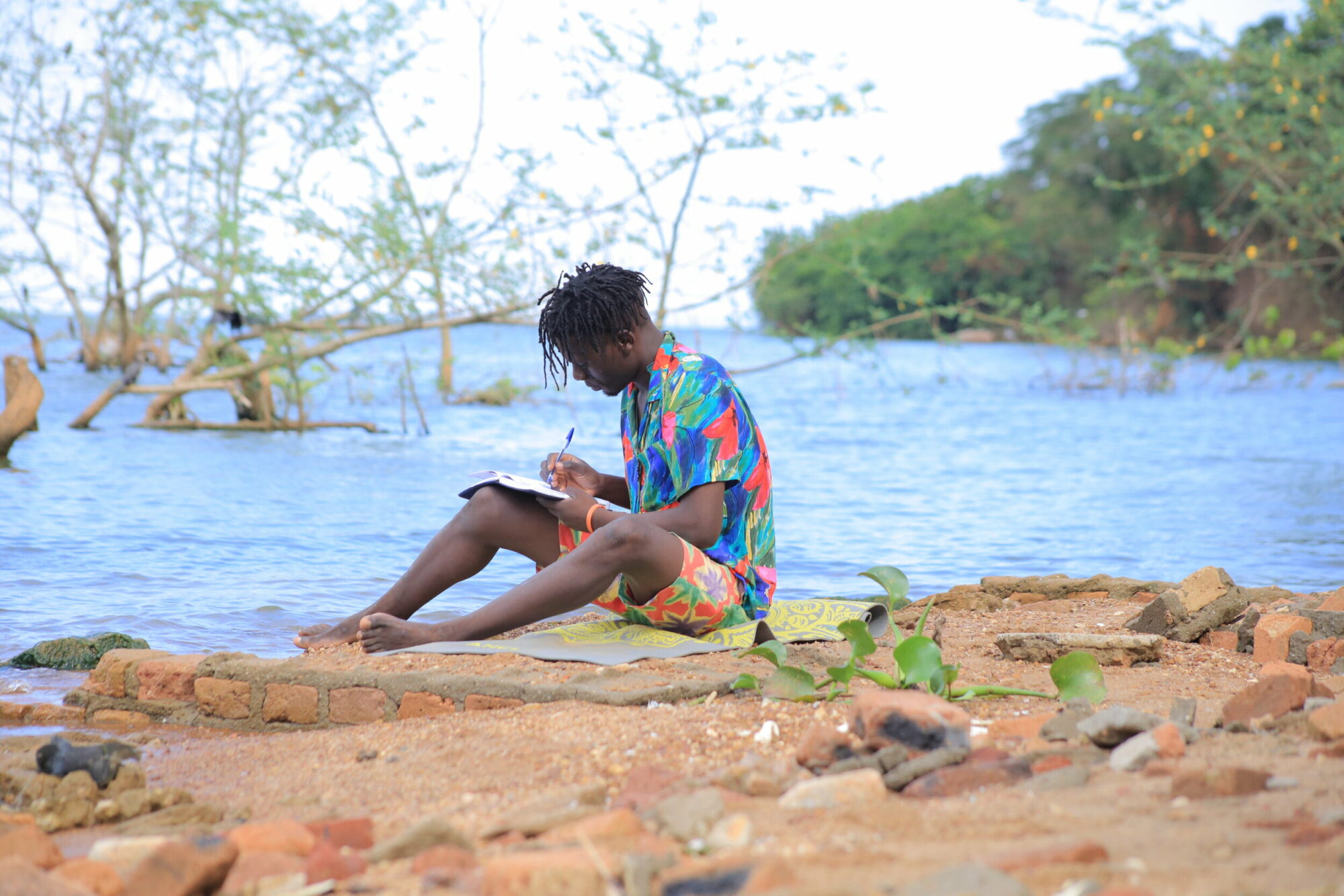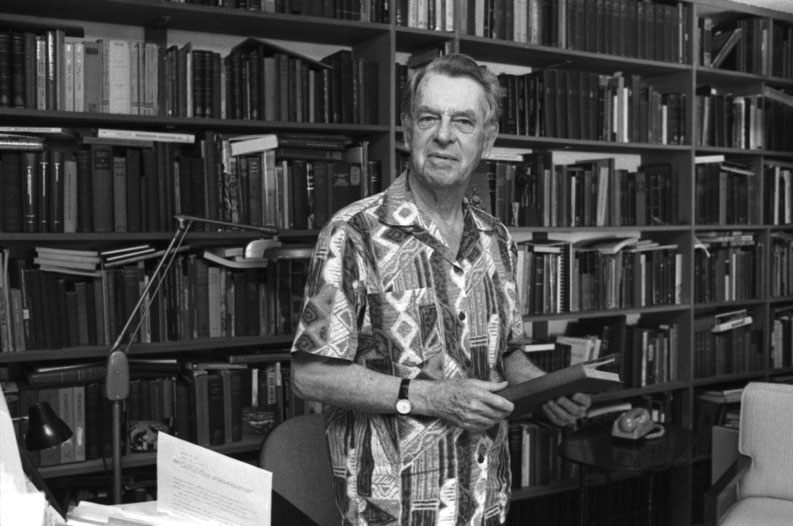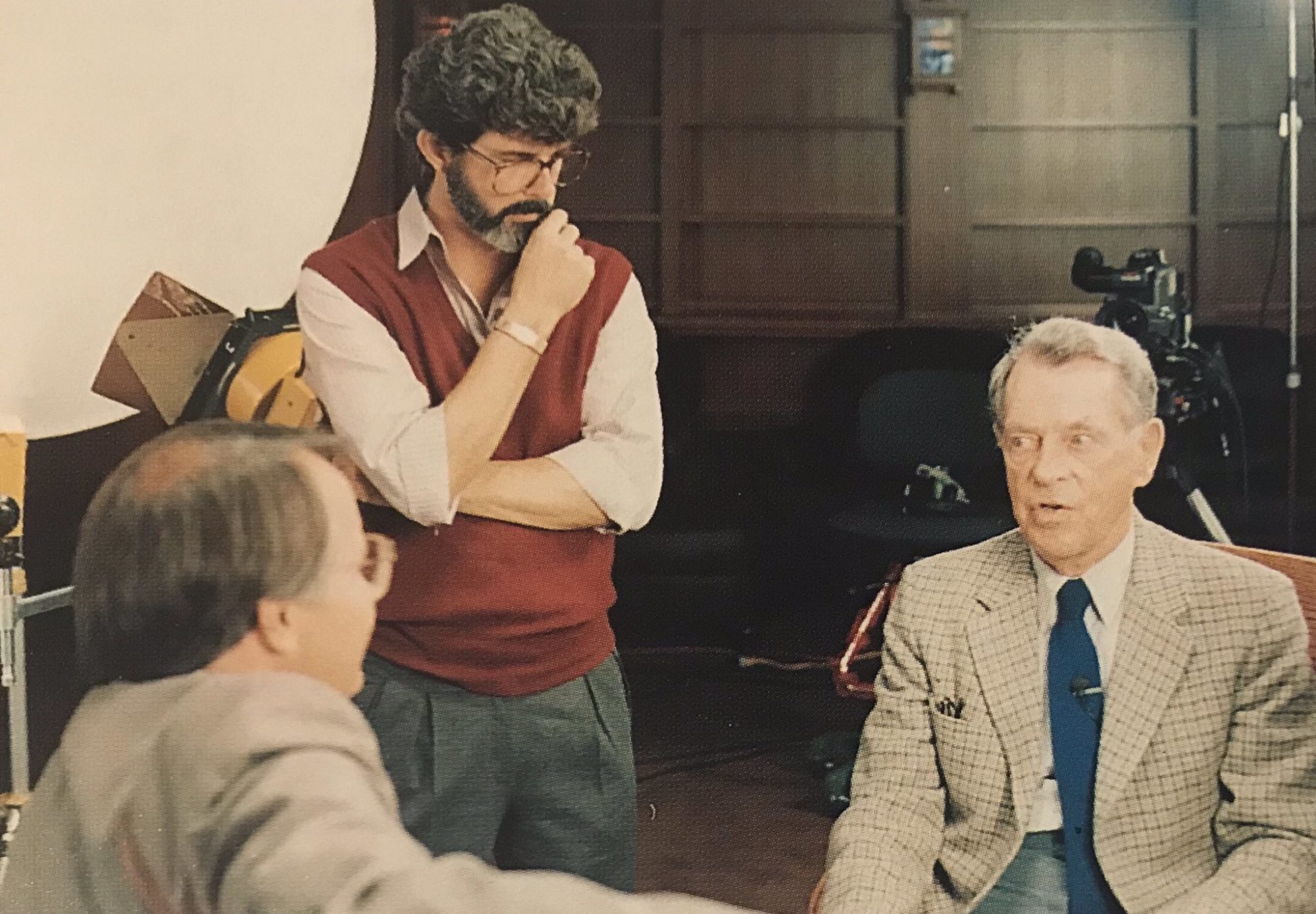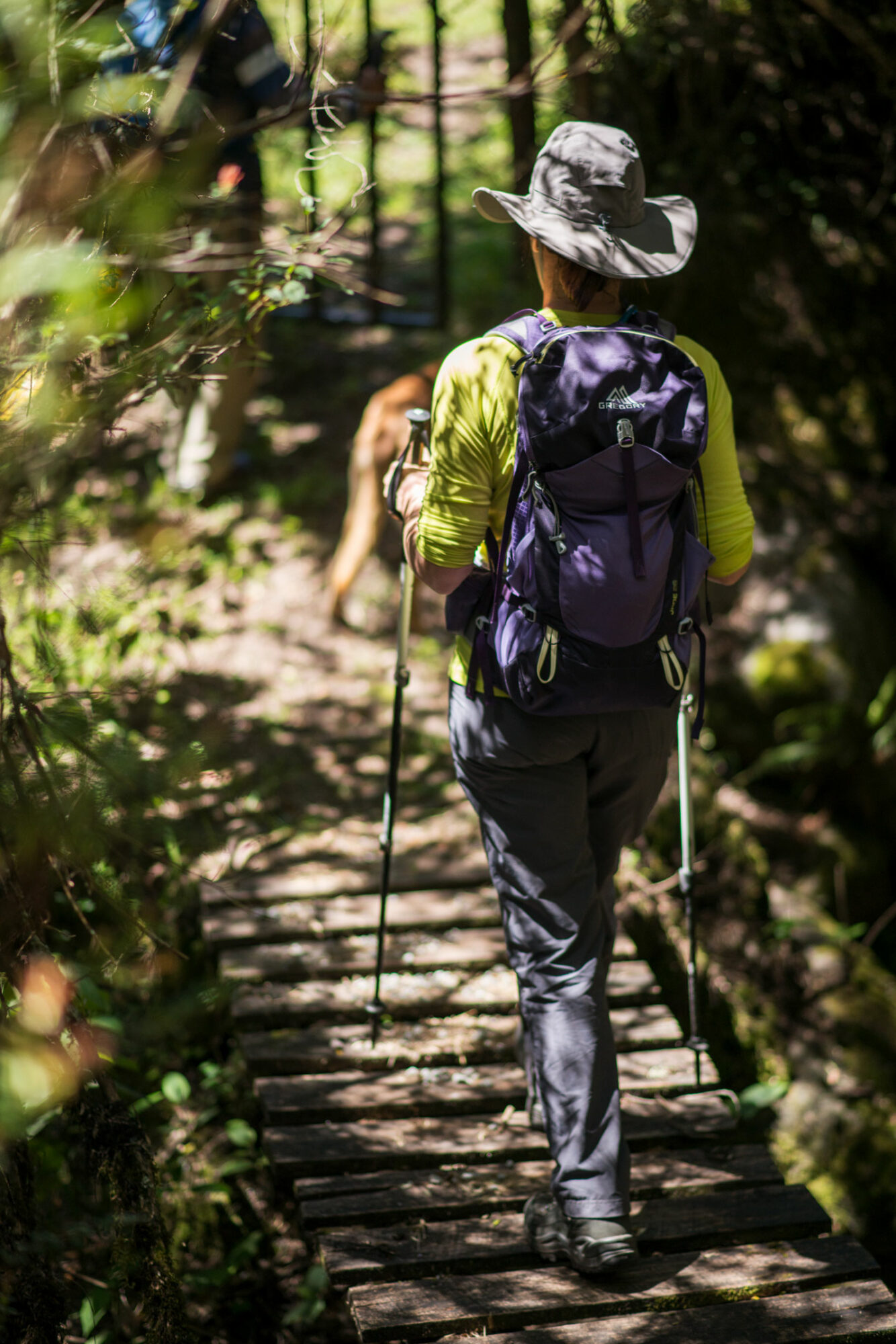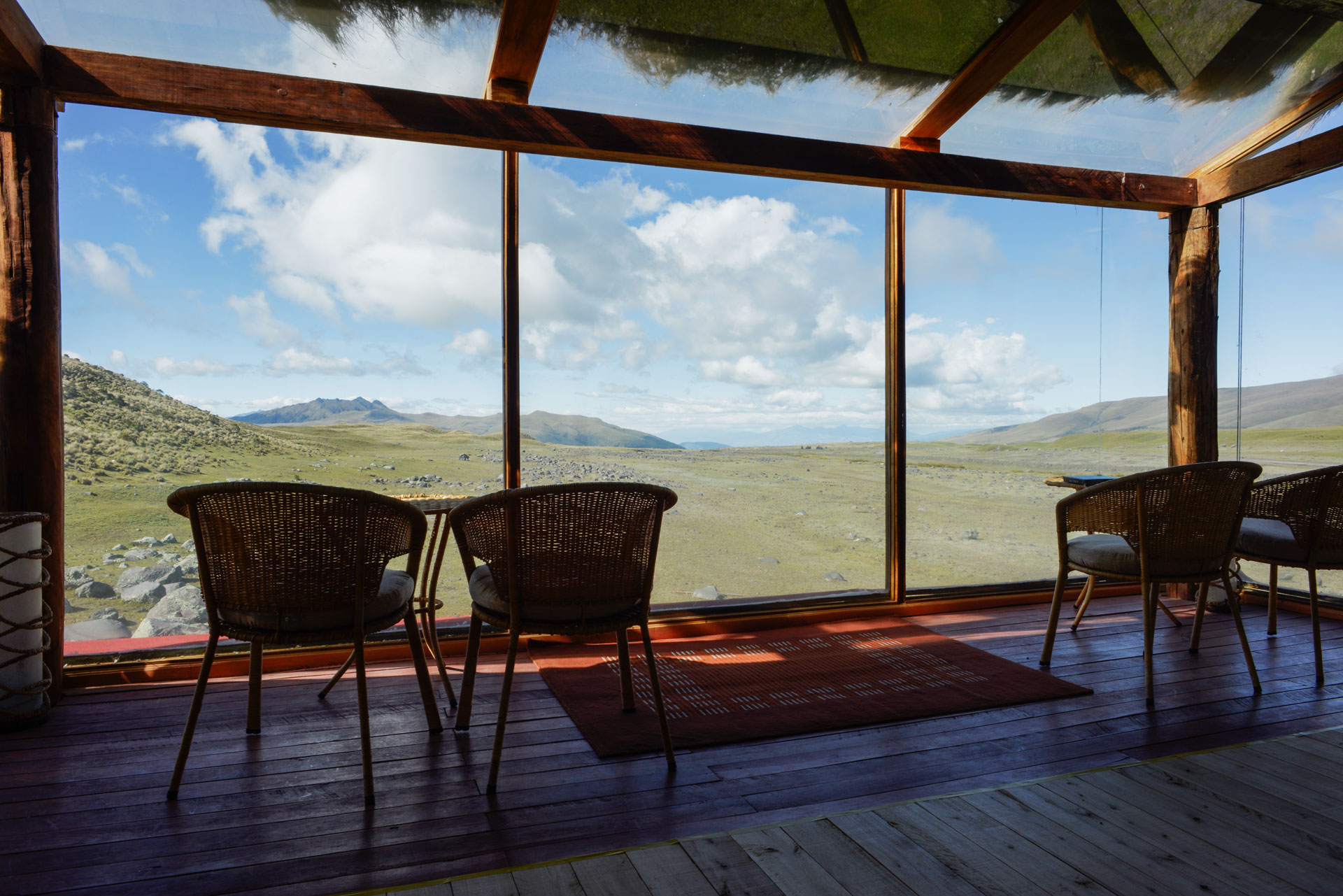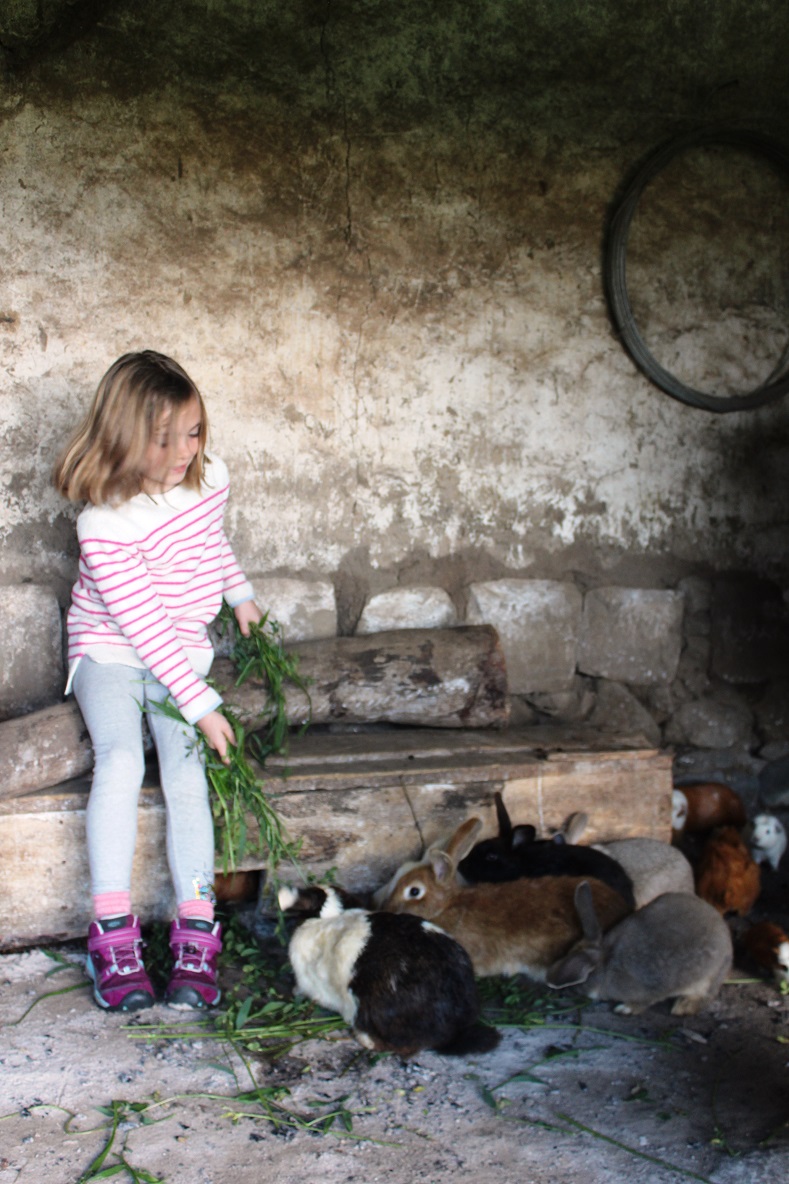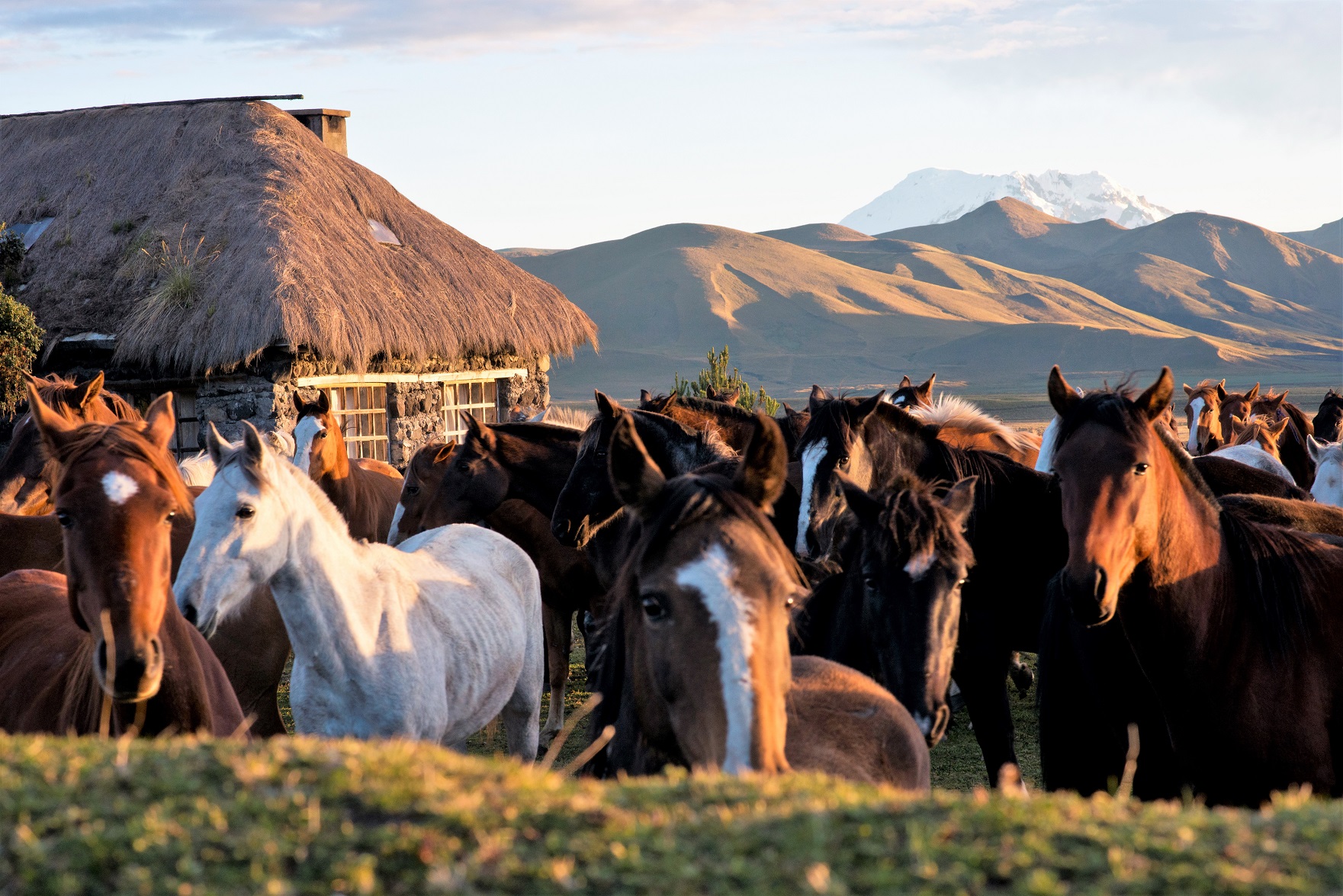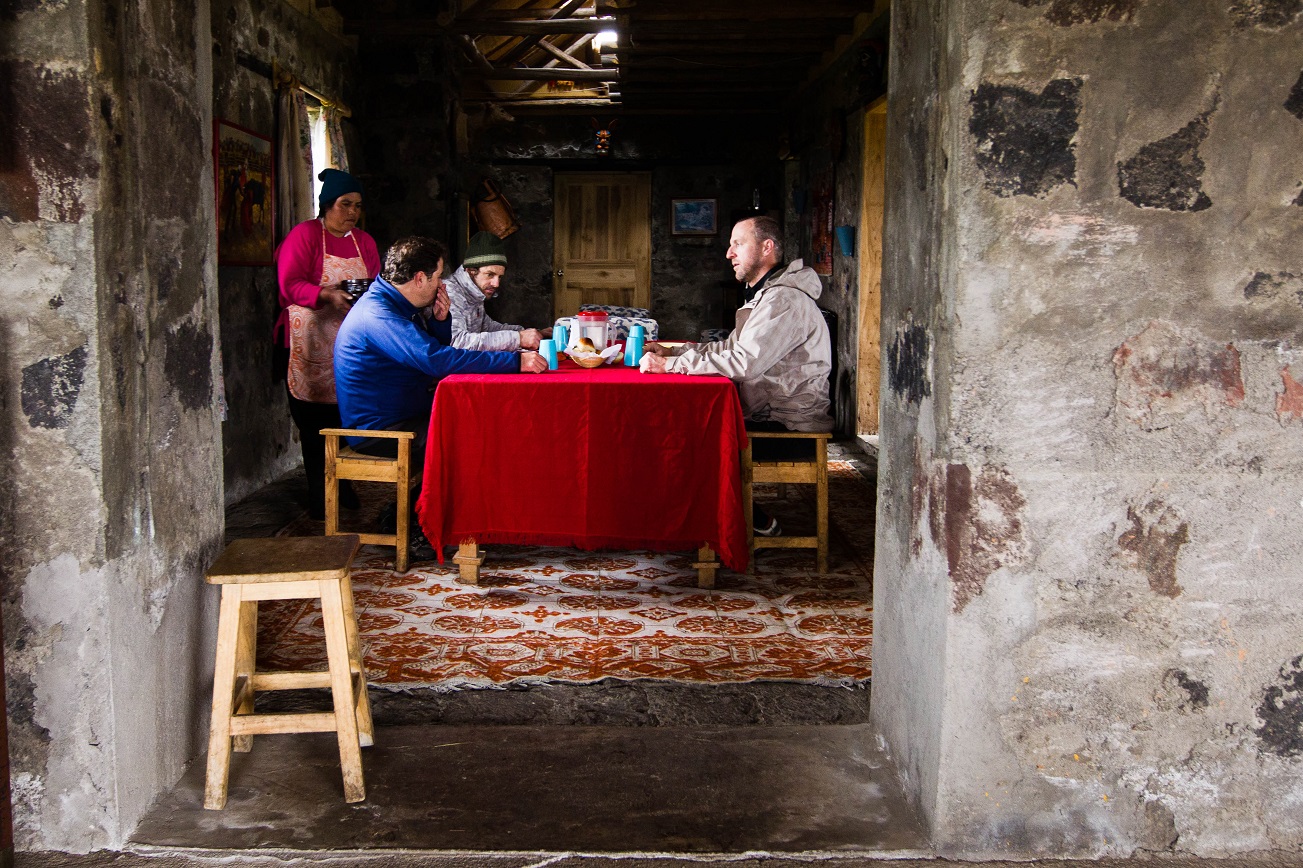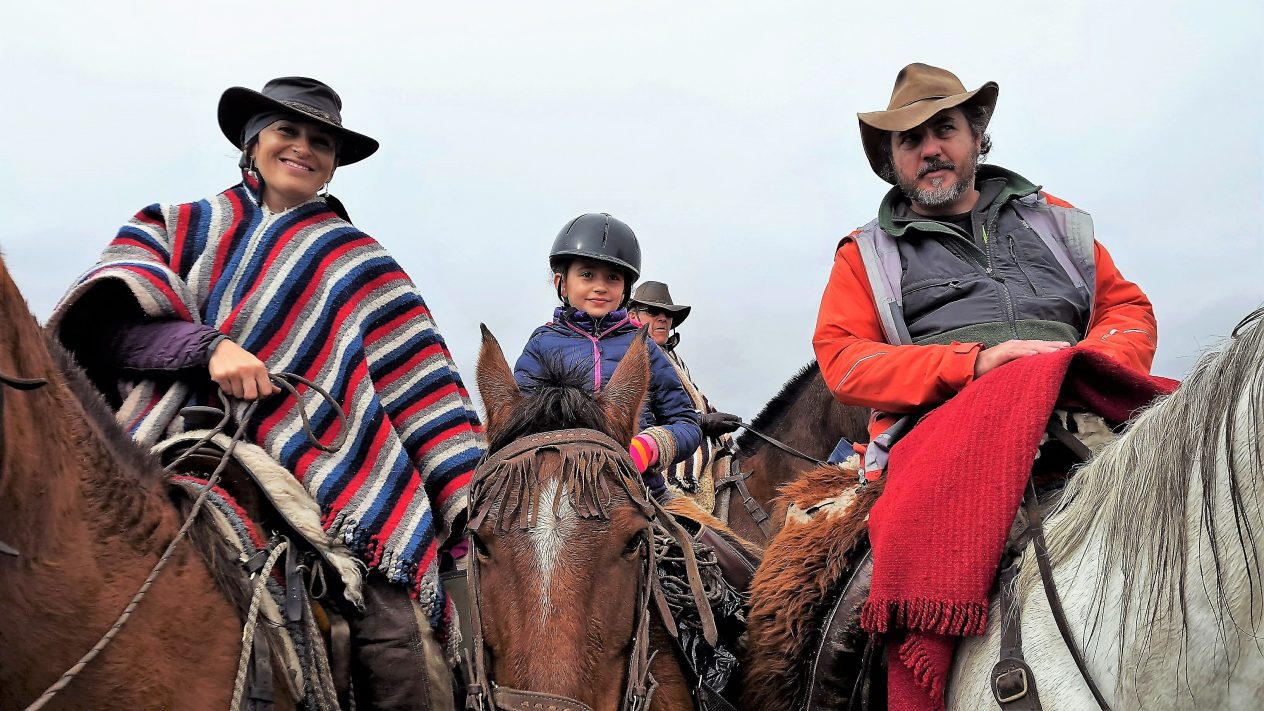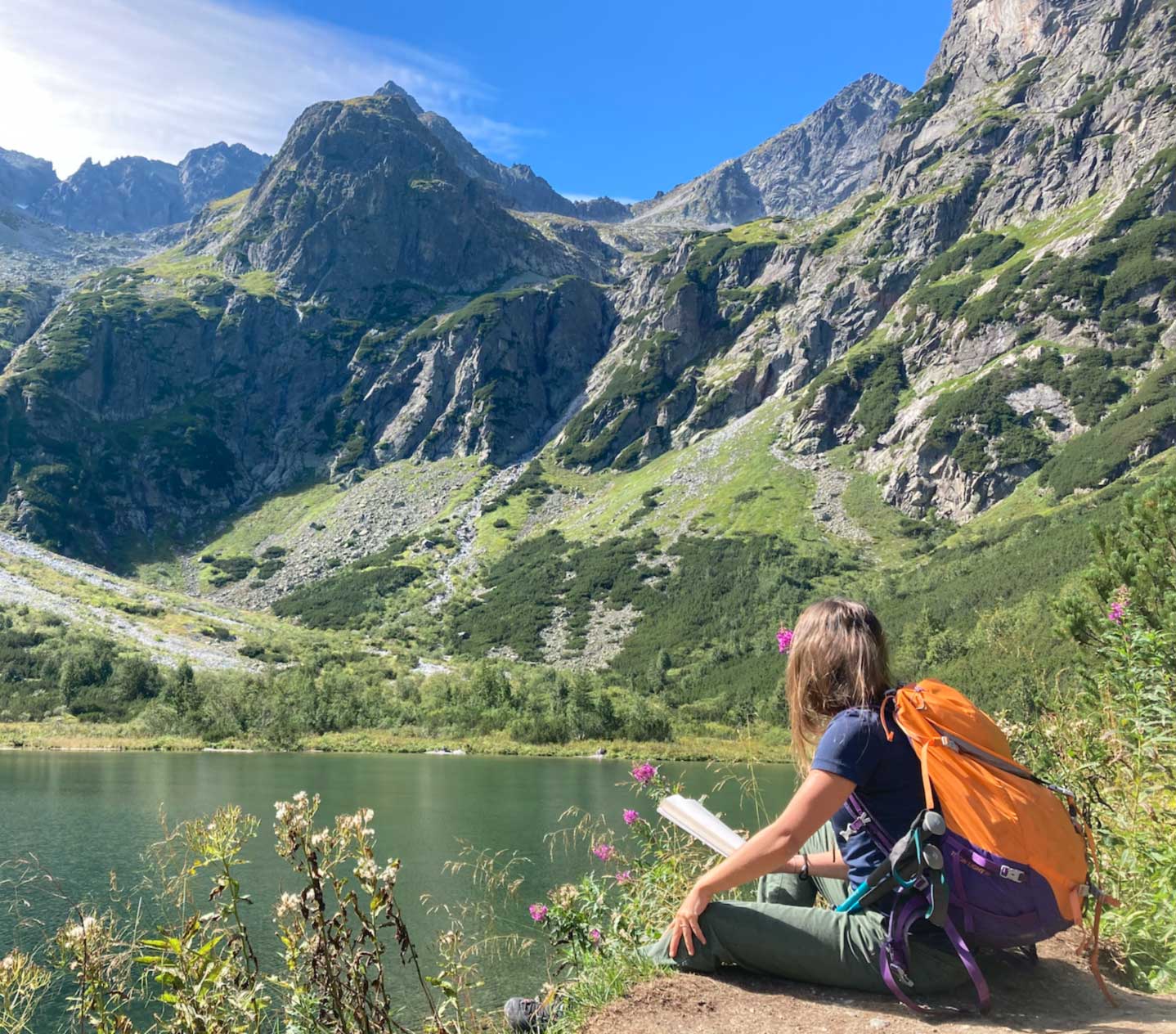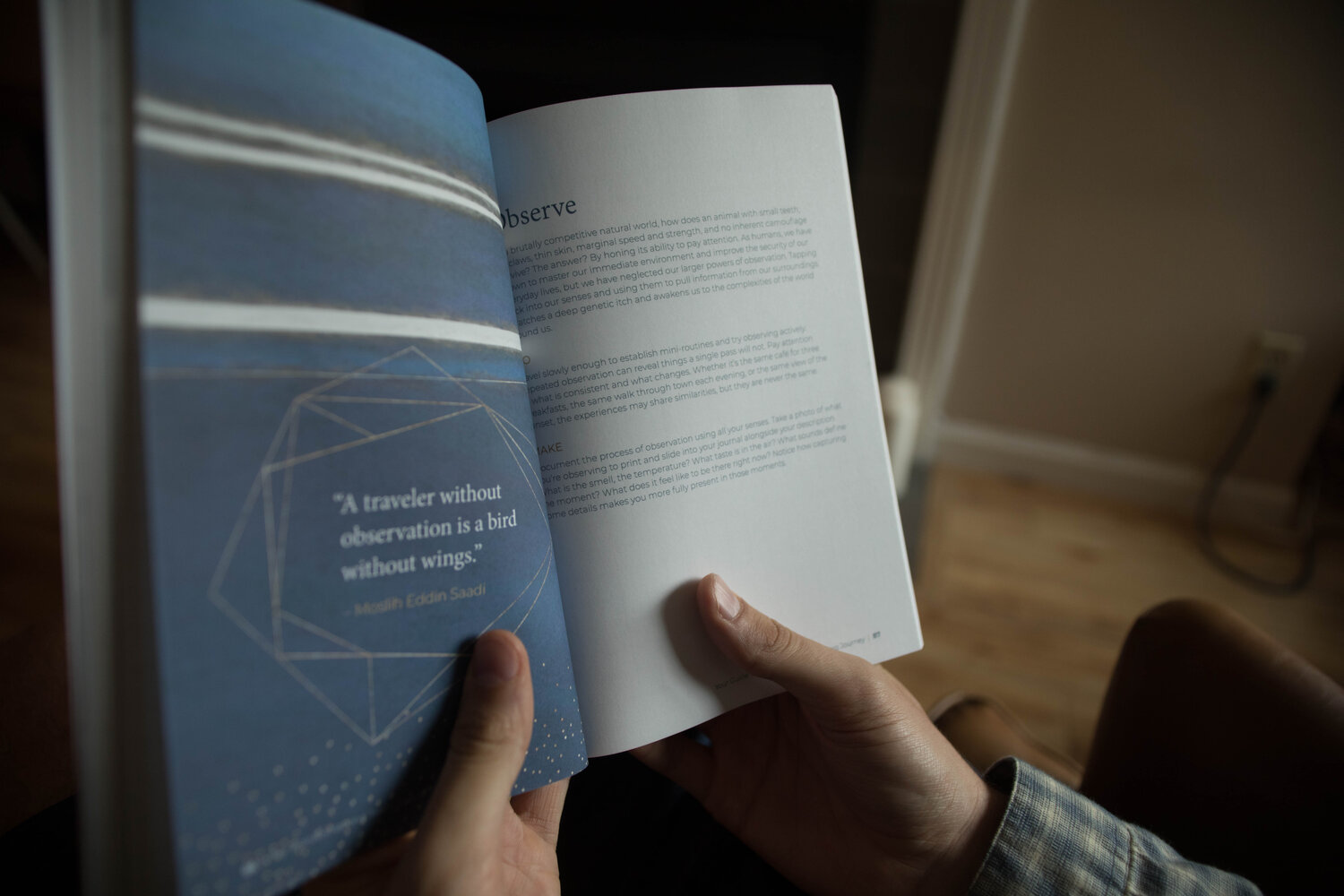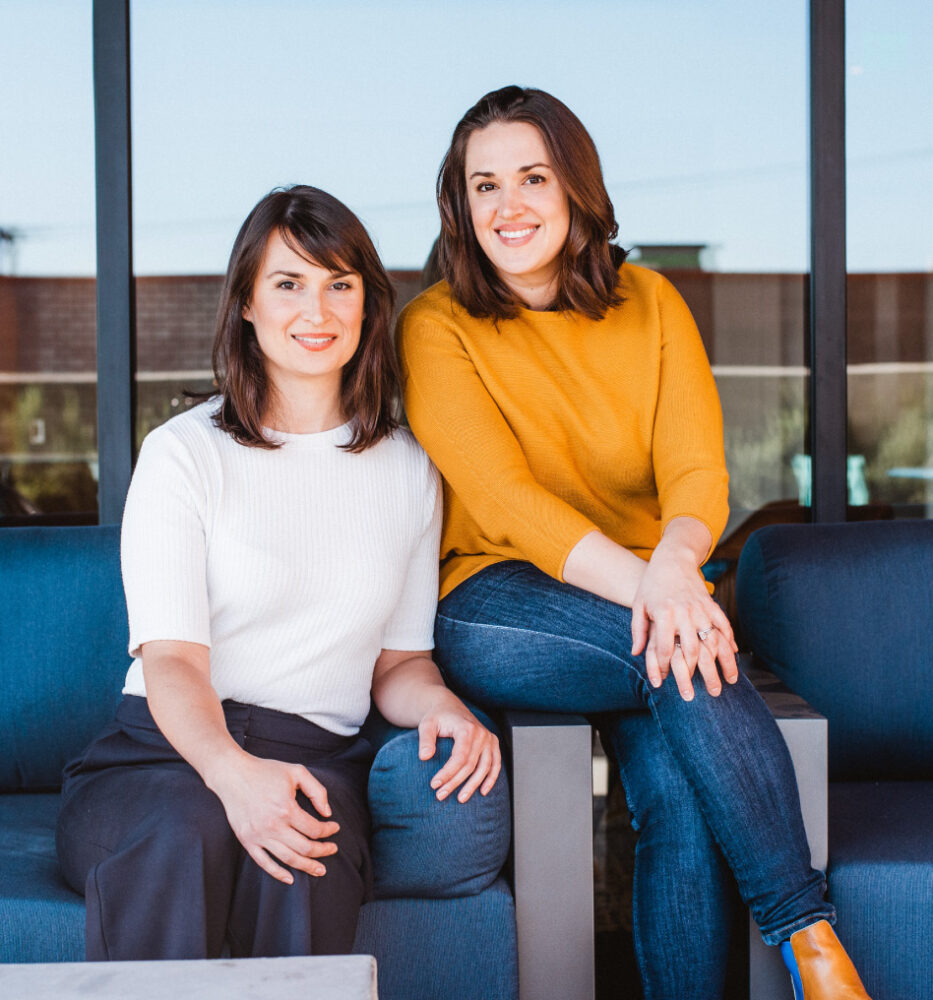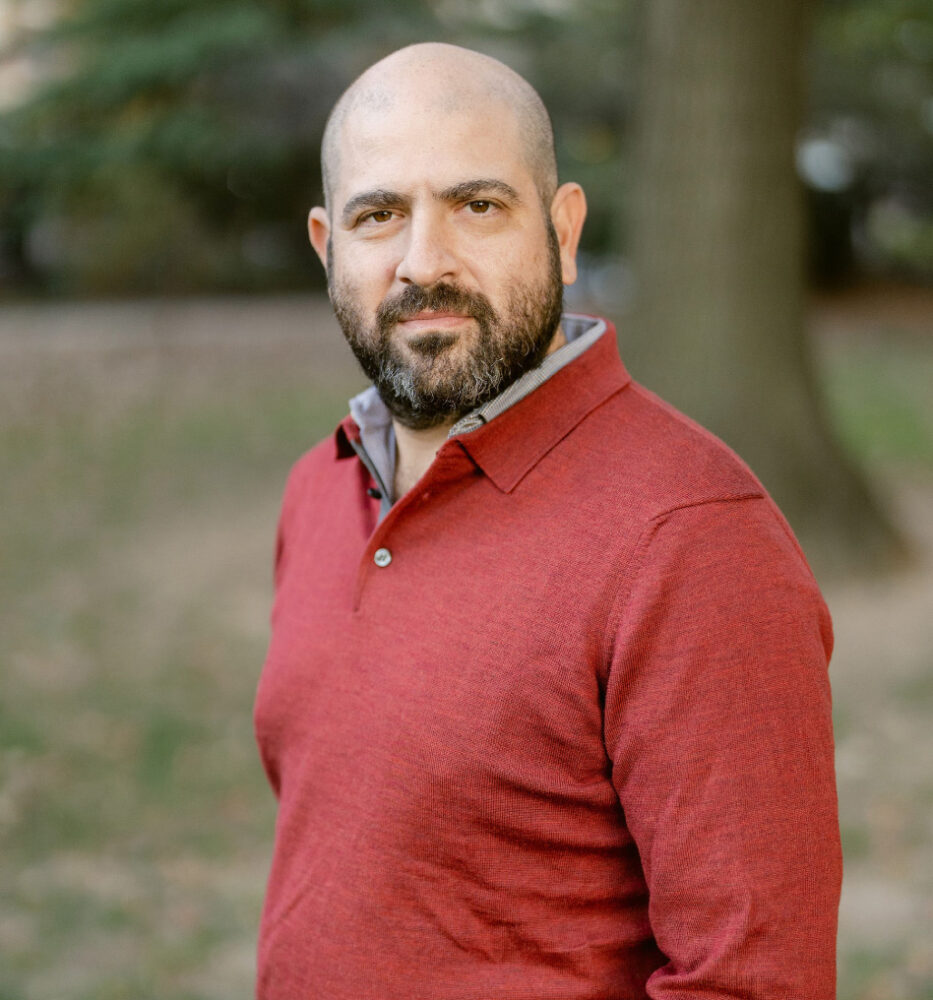Future Hospitality
podcast
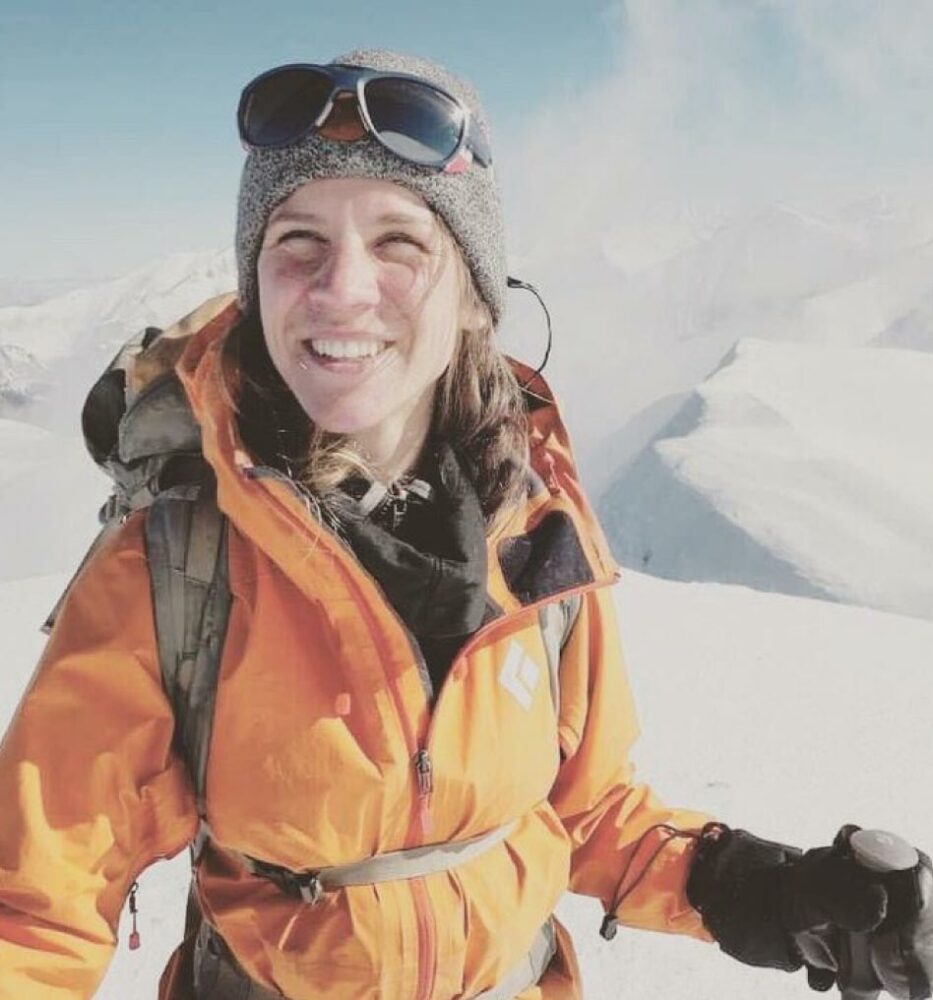
#22: Connecting & Engaging Through Transformational Travel: Mona Lewicka
March 2, 2021
Jeremy Wells: Mona, thank you so much for joining us today. We’re super excited to have you on the podcast.
Mona Lewicka: Happy to be here with you. Thank you, Jeremy and Dustin. It’s a pleasure.
Jeremy Wells: Yeah, totally. I’ve been following this transformational travel movement and the Transformational Travel Council for a while now. And it’s been just really cool to see everything that you guys are involved with and how you guys are pushing this movement forward. And so we’re really excited to kind of dive in today to more about what’s involved with that and your guys’ passion behind that and what you’re trying to accomplish with it as well. But I’m sure that there might be some people listening to this podcast that might not be super familiar with what transformational travel is and the council that you’re a part of. So if you could just maybe briefly explain in a nutshell what is transformational travel.
Mona Lewicka: For sure. Thank you. Thank you very much, Jeremy, for providing that space and time for us to have that discussion and raise awareness of what’s so important for not only us as travel professionals or people involved in tourism, but I believe for the whole society in general and the world and our planet and all the living systems on it.
“Transformational travel is traveling intentionally to stretch, learn, and grow into new ways of being and engaging with the world.”
So talking about the transformational travel. So according to the globally recognized definition, the transformational travel is traveling intentionally to stretch, learn, and grow into new ways of being and engaging with the world. I have given a bit of time and thought to where I could actually start and to talk about it, to make this concept more tangible, more approachable. And I just decided to start with the definition itself. I think it’s quite clear or at least I think so when we talk about the intentionality of it, of travel, when we talk about engaging the world in new ways, I think it directly suggests that some more active participation, more engagement might be needed for us going forward to approach tourism in not that passive way filled with entitlement, expectations or just basic raw entertainment, but it’s something more than that. It’s us growing, stretching and learning.
So this probably suggests some process taking on, at least I hope so. Well, as it works with all the processes out there, they start somewhere and they might end or not end at the end. And when it comes to transformational travel, what I particularly find special about it is that once it starts, it never really ends. It’s very inspirational. It’s a process that triggers another processes and other beginnings. And I hope to see it as a positive process. So talking about travel, something that is quite particular about transformational travel approach is that it talks about tourism or travel experience that is not only about the duration of the trip itself or as such.
We believe that the travel experience starts well before we even depart and extend and it results and fruits long after we come back.
So just to summarize, because I know I might have been quite chaotic. So this is a process. We treat travel as a process. It’s based in active engagement, in our curiosity, in accepting challenges, in doing new things, in having some time for reflection and then meaning making, which may result in the shift in our behavioral patterns and habits. So we believe that the travel can be really influential and really important and can have some long-term results.
Jeremy Wells: Yeah, that’s really neat. I love the concept. And you use the words like engaged tourism. I think it’s this idea of giving versus taking when you’re traveling. And I know that in our previous conversation, I think you used the term “tourism is an exchange” and it’s this idea of how is it not only going to benefit us as a traveler, but how’s it going to benefit the local people, the local places we’re visiting. Is that kind of the movement that you guys are trying to push and the mindset you’re trying to post when it comes to travel?
Mona Lewicka: Oh, for sure, Jeremy. Thank you for bringing that. Absolutely. I would like to bring some attention to actually the mutual benefit that should come or should be associated with tourism because we acknowledge and respect and admire and value highly all the responsible travel initiatives, as well as responsible or regenerative ones. What we are trying to bring some attention to from the public is the aspect of actually that this starts and happens inside out. So it must be us where we start with, right?
So it’s not only thinking about communities and planet, which is of course the final goal, but what’s mostly not being given enough importance to it’s actually the importance of the value of our genuine connections and there are different types of connections we might have. Why we travel is a connection to ourselves, to the partners of family we are traveling with or with the people we encounter our hosts, as well as the place.
“It’s more about why we are actually traveling and how we are doing so.”
The deeper these and the more genuine that connection is, the more effect it can have on us as human beings, as well as the planet’s stewards. So I would like to remind us that it all starts with us. We are very important and we believe that the transformation happened, the global transformation happened once one traveler, one person, one human being at the time. And Jeremy, exactly. It’s more about why we are actually traveling and how we are doing so, rather than just asking ourselves, our travel advisors, “Where can we go and what can we do there?” Right?
It’s just shifting that perspective from just having fun and rest, which is of course fundamental, but also to be asking like, “How are others actually benefiting or how are they feeling about us being there?” I’m talking about the local communities and hosts. Exactly, it’s this exchange. We are coming to visit our host. We are being the guests. And just let’s think about how we are, how we feel and what we do when we are having guests at our home. Right? And let’s think about this as an exchange. What can we give? What can we learn? What can we teach? Right? Rather than just expecting to be entertained or feeling entitled to have the same food we are used to have or the same level of services that we are used to.
It’s more about this approach of being curious, of being grateful, of being thankful, of being resilient, of being awake and engaged. It changes so much. It’s so simple and that it’s so powerful in the same time.
Dustin Myers: Yeah, that’s really cool. I love the mindset shift and just being intentional with your travel plans and your travel dollars and really just seeing how much more meaningful that can be. I’m curious to learn more about Transformational Travel Council and how that came to be.
Mona Lewicka: Thank you, Jeremy, for asking. Well, this is the community that has been formed back in 2018. It all happened at the Adventure World Travel in Alaska. When a group of travel professionals inspired by the transformative power of travel come together and they’ve been invited to give a talk on that topic. And at that time, it was Jake Haupert, Michael Bennett, Don Mankin, and Kurt Kutay, the pioneers of Adventure Travel by the way, or some of them. And they started talking about it and apparently they caught quite a lot of attention from media. And one of the journalists that attended the summit was a Vogue journalist.
So a few weeks after that, the Transformational Travel ended up being mentioned on the front page of Vogue being called that the trend for 2017. So this is like of course a point of time that it is not necessarily the true beginning of all of this, but we treat it as a symbolic date or a point of time when this all started. By started, I mean, all these nearly 300 travel professionals from across the globe for 21 countries, on all the continents coming together, all these global leaders shaping future of meaningful travel. That includes some destination managers, travel advisors, tour operators, accommodation, wellness retreats, outfitters, wisdom schools, some environmental organizations, institutions, tourist boards, tourism service providers. And I could probably be mentioning all the others for another hour. There’s a lot of variety, but there’s one goal.
We want to make travel more intentional and really inspiring people to make some long term changes in their life for travel, but we don’t want them to tell them this is good and this is bad, but we rather want them to connect to this world so deeply, so they fall in love with it and start caring about it. There’s this saying that goes, “You care for things you love.” And we just want people to fall in love with planning for tourism.
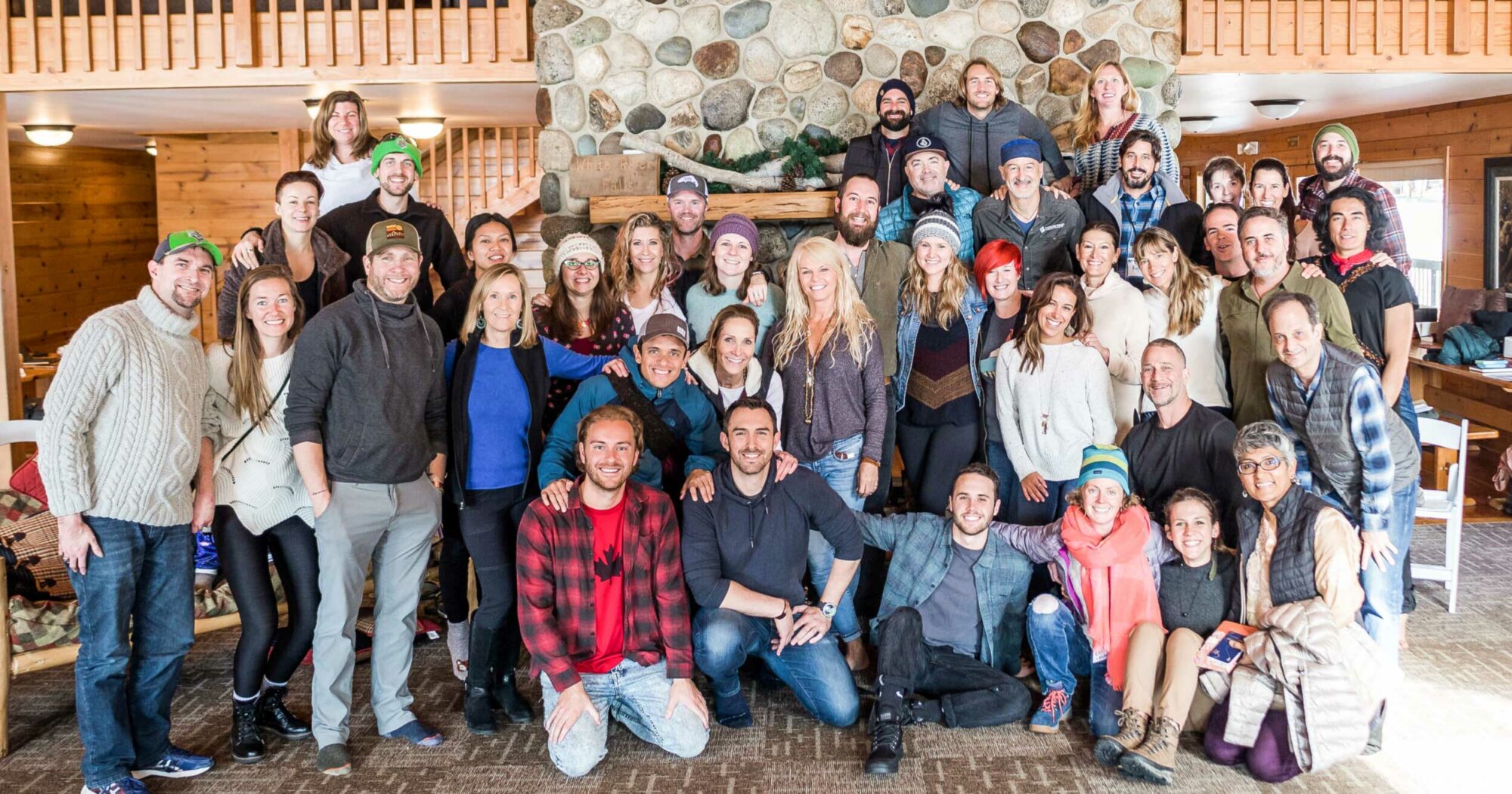
Jeremy Wells: That’s great. That’s cool to hear that story about the background there. As Transformational Travel Council kind of took shape. How did you get involve with it? And why is it just personally important to you to be involved with this team?
Mona Lewicka: Jeremy, if you don’t mind, I will just mention something about the real beginnings of the concept before I answer your question about myself.
Jeremy Wells: Yeah, totally.
Mona Lewicka: I usually talk quite a lot and I feel like my story probably can add some colors to this, but I would like to also give some credits and give some importance to something that probably really matters as well in that subject. Because very often, we really want to express that this hasn’t even started with us. It has been there for much longer. Think about some pilgrimages, for example, that were at the end of the day all about the process, about engagement, about challenge, about encountering new people, about getting to know something about ourselves and our world and being dependent on people around you.
“A Modern Art of Ancient Travel”
And talking about pilgrimages or ancient time, we also really like to call transformational travel a modern art of ancient travel. And talking about the history, there’s a few concepts and philosophies and sciences that play quite an important role in understanding or bringing some sort of understanding to what transformational travel is, what it’s backed by, and what influence can have and where actually it can be applied to. And some of them include, for example Appreciative Inquiry, Pink and theory, experiential learning cycle for Maslow’s hierarchy of needs. There is a hero’s journey, Jeremy, that you know so well from Joseph Campbell. There is the transformative leadership, regenerative thinking, psychology, anthropology, neurobiology. There’s so many things that influence these concepts.
So I just want to honor that that there were many, many people, scientists, writers, authors that has been giving their time and putting their efforts in developing these ideas and these processes that are not new. Sorry, Jeremy, if I just jumped into something. I think it might be relevant for the audience to know that that’s not something that just popped in five or six years back, but actually has been rooted in the philosophies, movements that has been with us for significantly longer.
Jeremy Wells: Yeah.
Mona Lewicka: And when it comes to myself, well, I often laugh, it took me some time to actually realize why I was doing what I was doing in my life after I graduated from the university. Because, yeah, when I met Jake and when I came across the Transformational Travel Council, I actually realized that all these long years of assisted journeying for countries, continents on bicycle, hitchhiking and assisted for quite a long time in places like Nepal, China, Bolivia, Honduras, Africa, and many others just brought me here. And it’s quite interesting because I’ve been working for luxury travel industry as well for a few years. And this was a very, very interesting experience for me. However, it is transformational travel where I really feel that my career has smelted into my life. There’s just no any sharp limits in between both. I just feel like I’m doing something that I would be doing anyway, and I haven’t planned it either. It was just natural, it seems at least, a natural progression.
Jeremy Wells: That’s really cool. It must be a good feeling. It’s always a good feeling whenever your career and what you’re doing is so aligned with just who you are and your passions.
Mona Lewicka: Thank you, Jeremy. It is. I think you can sympathize. I think it’s exactly what happens to you as well, right?
Jeremy Wells: Yeah, totally. And I love the extra background that you gave, behind the transformational travel concept, and how you mentioned there’s so many other things in the past that have really helped it grow into what it is today. So many thinkers and concepts that have given it such a rich history. I’m just kind of pulling one of those out that you mentioned. You mentioned the hero’s journey with Joseph Campbell and all of that. I’m not sure, just pulling that one out, it might be good to maybe explain to the listeners if they’re not familiar with that concept of the hero’s journey, what that is and how that relates to transformational travel.
Mona Lewicka: Yeah, of course, with pleasure. So talking about the Joseph Campbell. So Joseph Campbell, for those who have never heard about him is one of the world’s biggest anthropologist and mythologist in our history. And he’s been working all his life on something called the monomyth. And the monomyth is actually a model explaining the process of journeying. Again, for Joseph Campbell and the hero’s journey begins well before the hero even departs or even gets that message from the universe that it’s calling him.
So what’s really interesting about the hero’s journey is that there’s two words. One is here, the one that we know is it is known that this is our reality we’re living in we are used to. And then you’re crossing the threshold to find yourself in the environment that’s new, that’s unfamiliar. It doesn’t mean it’s wrong or it’s bad. It might be scary though, but this is the place when people believe you grow as a person, right? Because people say that in a comfort zone, it’s nice there, but nothing really grows there either.
So accordingly to the hero’s journey, I hope I’m not going to miss any part of it, any stage of it. I hope I remember them. So you get the call for adventure. It might be something, some people you know, some people you encounter, something you read, something you find or something, I don’t know, that’s coming through your mind that really inspires you and triggers you to take that first step, which then becomes the beginning of the journey.
So for example, for me, I remember back in 2014, I met a guy and we were just together for a month and he’s buying me to just take our bicycles to Cuba. Fidel was still alive back then. For me, it was unthinkable, but at the same time, I just knew I had to do it. It was in a year from there that this trip was planned to happen. And having known that guy for a month only, we decided to take ourselves in our bicycles to Cuba and start the journey that took us three years to come back.
That’s why, Jeremy, again, like this transformational travel in my work here, it’s not by chance. There were so many things in my life that resonated either with the monomyth or the hero’s journey or just a transformational travel process. But coming back to Joseph Campbell, you get a call to adventure. You find your mentors, people that help you. You cross the threshold. You begin the journey. You depart. You are facing some challenges. You’re getting moments of awe. You are really doing things you’ve never done before. You’re getting to know yourself. You’re getting to know about people who sometimes are your enemies, sometimes are your mentors. You’re supporting you and you are coming back. But before that, you start having some reflections. You are learning. You are applying meaning to what happened to you and you come back the same, but not really. Your perceptions have changed. Your experiences start talking for you.
And then as the hero’s journey goes, this journey never really finishes. It just accelerates. You bring people, other people in, you inspire others, and because you have already learned something new, you’ve experienced things, you are ready to do even more. So for me, the hero’s journey is a process that never really ends and can have very beneficial consequences. It’s very exciting. Isn’t it?
Dustin Myers: Mona, so this is all very exciting, but can you give us some more detailed examples of like trips that either you’ve been on or that you’ve helped others get on? Just to kind of help us put ourselves in those shoes and see what that would be like in our own lives.
Mona Lewicka: Absolutely. I get that it’s usually much easier to do understand or grasp some concepts that are not that easy, that are not that tangible, just setting and giving some examples. So I’m not going to be looking for… I would like to give you some examples from our community. And we have seen all eyes that have been pioneering this approach for the last decade or so, even before the TTC was founded. And one of them is Tierra Del Volcan, which is a wonderful establishment in Ecuador and the Andes. And with these guys, these guys have a few signature journeys that are all about self-discovery, taking challenges and also relating their student environment and nature.
And one of those trips is called… I think it was… how was it called? Let me check. It’s 25 Seconds, if I remember well. And why 25 seconds? So accordingly to the history that the Planet Earth has been out there for four and a half billion years, if I’m not mistaken. And the Tierra Del Volcan compares this timeframe to the 24-hour a day. And when we compare it to the 24-hour day, it seems that human beings have been here on Planet Earth only for 25 seconds. What Tierra Del Volcan are trying to do for their offerings in itinerary is to offer a journey of self-discovery, but also reconnection. It’s bound to transform the perspective of time, of guests, reality and evolution. And this journey has offer free different stages and the stage one, the host is taking you to the Amazon bases, to do the Amazon jungle so that you can learn about human species, about our nature, about our genotype, and then they take you to the Galapagos and then you learn about the evolution. Let’s just think about Darwin. He’s been working there quite extensively.
And then the third phase happens in the Andes where people start focusing about the future. They already discovered the history of human species. They’ve been paying some attention to our evolution and then they are giving the time to think about the future and their role as a human being in it. And they are being given two days of solitude. They stay in the forest. They prepare their own shelter. They are there with the horse. Of course, this is something you may opt out from, but just thinking about our world, the way we work and how hard it is sometimes for us to find some time for self-discovery, these trips really not only allows you to connect with yourself but also relay disconnection with yourself to the history and to the planet and to the environment. So this is one of the examples.
Another one is from the Cofan tribes. So there’s a trip, it’s also in Ecuador, where acclaimed world acoustic ecologist, Gordon Hempton, is taking the travelers to the heart of the Amazon jungle, which is the land of the Cofan people there. And as a part of this experience, people are also living in a solitude, in a shelter and also being given the opportunity to live with the local people the way they do. They learn from them. They meet the shaman. They navigate the jungle with their help. So this is another example. There is an adventure travel boutique that takes people to the Sierra Leone, which used to be a war zone for, I think, 12 years, and Raj, the former commander from the UK Special Forces and a doctor, is taking his clients right into the middle of the past crisis into the hospital where his groups are having like 10 people around that and he’s taken them to the hospital. They are staying two days participating in hospital’s daily life and integrating into what is the community life there and getting to know their realities, connecting to these local people, hearing their stories, and then they’re going hiking, they’re doing different adventures.
“…we become … more conscious … so that we develop the sense of belonging, which may result in a stewardship.”
What’s probably something special about all those itineraries and trips that they have in mind different types of connection. It can be a connection to yourself, it can be a connection to the others, and also to the place and the idea behind it so that we become not only more conscious, but only so that we develop the sense of belonging, which may result in a stewardship.
Jeremy Wells: Yeah. That’s awesome. There were some cool stories and amazing sounding trips that you just described. When we first spoke before the podcast recording, one question I had was when you think of just like business trips or just like travel that might otherwise be kind of mundane or kind of thoughtless really, I mean, you’re just traveling to go to a conference or for a business meeting or whatnot. Are there ways that a traveler in that regard could turn a trip like that that’s otherwise mundane into a trip that’s even transformational in a way?
Mona Lewicka: Thank you for bringing the topic. It’s quite interesting for sure. It doesn’t have to be a long-haul journey or a journey of lifetime so that you are able to go through that process. This process can be applied to your everyday life. It can be applied to your business trip as well. Something that I haven’t mentioned before is actually that there’s so much that’s happening before we travel and after that’s very often not being given enough importance or it’s being overlooked. Let’s think of all this anticipation and the curiosity, the intention setting.
Even if you’re going for a business trip, you’re starting to dream up your travel. You have some purpose. You have some intentions. You really want to do well. Right? You want to connect to those people. You want to come back and reach. You want to share with them, right? You want to learn. There’s so much going on and we are not paying enough attention to it. We are stressed. We very often spend a lot of money because we fear, we stress out. But apparently, if we travel experience is a very interesting and very fruitful process that if it’s approached well and before and with the right question, it can really bear some amazing fruits for you, for your business partners, and for the destination. This there’s so much that may happen.
For example, instead of just using taxis and going from airport to the taxi then to the hotel and then to the conference venue, you can take your own road. You can go slowly. You can leave two hours before and just take a walk, even though if it’s five or eight kilometers, just take a walk. Greet people. Have some street food. Engage with locals. Talk on a bus with strangers. Ask them how they are, how is the life here, and let them learn something from you. Tell them how is life where you are. Just laugh with them. Be curious. And more than anything else, treat everybody equal. No matter if it’s your business partner or a person who is selling the roasted chicken at the street, just have the same curiosity and be equally engaged when you meet people. At some point, you will realize how happy you become by just interacting with people exactly the same way always.
I think it’s all about connection. You can connect to the hotel venue even. You can spend time talking to the bartender or people who are cleaning your room. There’s so much new knowledge that’s waiting for you there. We very often overlook what’s there because we have some certain idea in mind. We’re not open-minded enough, because of course, there’s a lot of reasons for that. I’m not trying to say that there’s something wrong about us. We are living in a very fast world, but there’s so much in there that’s being overlooked.
Dustin Myers: That’s really inspiring. Those are some great practical pointers to just get the most out of every trip that you go on, whether or not it’s for the intent purpose of transformation or otherwise. So thank you for sharing that. Over the last 12 months, just with travel, having a lot of difficulties, how have you guys navigated that? And is there anything new or positive that you guys see coming out of this?
“I think it’s just a very fertile ground for any transformation”
Mona Lewicka: Yeah, it was an intense time indeed. For sure. Quite challenging. But again, well, I think it’s just a very fertile ground for any transformation, for any meaningful change to happen when things get not that bad, not that well, when things go wrong, when we’re facing challenges. Some people believe that the true nature of ours really reveal its charm or not charm, when we really face challenges. So what do we have experienced during that time was both a very challenging time for many of our members were faced with, of course, with the gigantic problems, economic problems and instability for the businesses, but also we’ve been given the time to finally, I mean, I’m not going to say anything new. Everybody’s talking about that. We’ve been given a time and a space to really rethink what we do, to really rethink how are we going to be working from now onwards, with whom we want to partner, how we want our customer journey to be like, what’s important to us, and finally, what’s our why.
It’s so important. Sometimes we forget how important realizing our why maybe when it comes to facing customers or bringing in or attracting customers when we have our identity right, when we have it clear, and more than anything as if it’s genuinely what we believe in, then we are bound for success, I believe. So I think it was trying to answer your question. It was a very intense, very special, very heartfelt time for our members, but more than anything else, we really came closer to each other. And I think the ties in between our community and our so coalition partners more than anybody else have only become stronger. And it’s not even about our presence in the travel market, which has also increased. But I feel it’s much more meaningful. I love seeing people talking about purpose, about meaning, about contribution, and I’m getting goosebumps even saying it now.
When I hear giants as Marriott or Intrepid Travel or all the others talking about sustainability, talking about meaning, talking about intention, talking about contribution, I’m just very happy to see that happening. I’m one of those people who believe that things are bound to happen and are meant to be. So I just try to make a positive use of anything that’s happening to us. And well, yeah, this year was very special and I hope that that is going to resolve in a big shift in perspectives going forward, which is going to hopefully resolve in some actions being taken, not only talking the talk, but starting to walk it too.
Dustin Myers: Yeah, I appreciate that perspective. I know for me, I’d kind of taken travel for granted and I think a lot of us just over the past year have really got to see how special that is and how important that is and kind of realign our priorities and just what we’re trying to get out of it. So I think there’ll be a lot of positive from this reset.
Mona Lewicka: I think so too.
Jeremy Wells: Mona, I love the positivity that you have and looking for the silver lining and the words like fertile ground among these difficult times. And I think that’s something that we all could use more of all the time. So I love that.
Mona Lewicka: Thank you.
Jeremy Wells: People that are learning more about transformational travel and this idea, this concept and this thinking, you guys obviously have your website. They can learn more, transformational.travel, but what are some other ways that people can get involved with this movement? You described already how travelers can get involved and things like that. I know on your website, you mentioned like allies that you have and designer programs you have. What are some other ways people can get involved?
Mona Lewicka: Thank you very much, Jeremy, for asking. There’s a multiple way and avenues in which people may approach us. I wouldn’t say we are very approachable. When we invite everyone to attend any of our collaboratory events, anyone who’s visiting our website in a very top right corner, may find the top saying the collaboratory. And there’s a list of online events by our allies for allies, but also for friends from the industry or anyone really interested in the concept. So everyone, I would like to encourage everyone to just take a look. And if you find anything attractive, if anything speaks to you, just please engage, register to attend. It’s free of charge. Everyone can participate and there’s a lot of content that you probably not going to find anywhere else as it’s being provided and delivered by our allies were quite special very often.
So this is one of the ways. There’s just something that was our step forward to travelers, to meet travelers where they are and we published recently our book, it’s Transformational Travel Journal, which is 220 pages of inspiration, suggested activities, some quotes, and different ways in which traveler might actually rise their chances of going for such an experience. It’s very tangible. It’s very approachable, very easy, and we’ve so far have received the feedback that absolutely exceeded our expectations. And we really hope that it’s going to reach only more and more travelers.
Yes. We do have our allyship, which is our community. And there are different levels for different types of establishments, depending of their size. So those are very much invited to apply, to join the movement. There is a little simple question you’re asking about basically your motivations, your model of operational operations, your intentions, the way you travel or wish to travel, any questions you may have. Basically what’s really important for us is to make sure that our new ecosystem of transformational travel consists of people who are impact-driven and companies who impact-driven and heart centric. And if I were to say even if there’s any other requirement, no. It’s just this. We really want people to be heart centric and impact-driven and that’s all what matters to us.
Jeremy Wells: That’s awesome. Cool. Good to hear all that. One final question we like to ask all of our guests is do you have anything just either personally or professionally that you’re excited about in the near or distant future? Any trips coming up or anything in the industry that you’re excited to see?
Mona Lewicka: That’s a good question. Yeah, something that came to my mind first, there’s two things. I recently participated in some scientific research and some community projects in Nepal in November last year. And it’s fascinating to see how actually the community-based tourism and the tourism that’s owned by locals or local women in the remote mountainous areas is emerging and it’s really exciting to see more and more of those initiatives. When people start to understand that it’s not us we should be imposing how the life should look like where we traveled to, but rather it should come the other way around.
So there’s a few initiatives such as our Transformative Destinations Program that we are just about to launch, which is enormously exciting to me, something to look forward to. And also our gathering towards the end of the year, hopefully, we will be able to gather, to come together for the third time with all our community to celebrate the power of travel, to celebrate our allyship. So these are two things that I’m very much looking forward to. But in general, I’m very happy and excited to be observing what was happening in the market. I’m very excited to be here and I just wanted to say that I’m here and I’m happy to support anyone with anything whenever I can and if I can. So please reach out to me if there’s anything you think that we can support you as an organization. So yeah, I’m just excited about the future. As you said, I’m just super optimistic and holding the passion towards what’s coming. So yeah, just happy, just excited to see what’s coming.
Jeremy Wells: Awesome. I love it. Well, Mona, thank you so much for joining us today. It was a really big pleasure of mine to interview you and have you share all your thoughts and insights with our listeners.
Dustin Myers: Yes. Thank you so much.
Jeremy Wells: Thank you very much, Jeremy. Thank you very much as well. It was wonderful to be here with you and to share something about what we believe in so deeply and what we practice every day. I used to be very chaotic in the way I explain things or attempt at explaining things. But I hope at least my passion and my heart to this project and then these philosophies it came through and please feel free to reach out so that I can send you some more details or some videos and some other attractive materials, which will make you understand or grasp these concepts if you feel they seem attractive to you. And yeah, thank you very much for the invitation, Jeremy. It was lovely to spend another hour with you and I’m always happy to support in any way. A big pleasure. So thank you so much.
Dustin Myers: Thank you, Mona.
